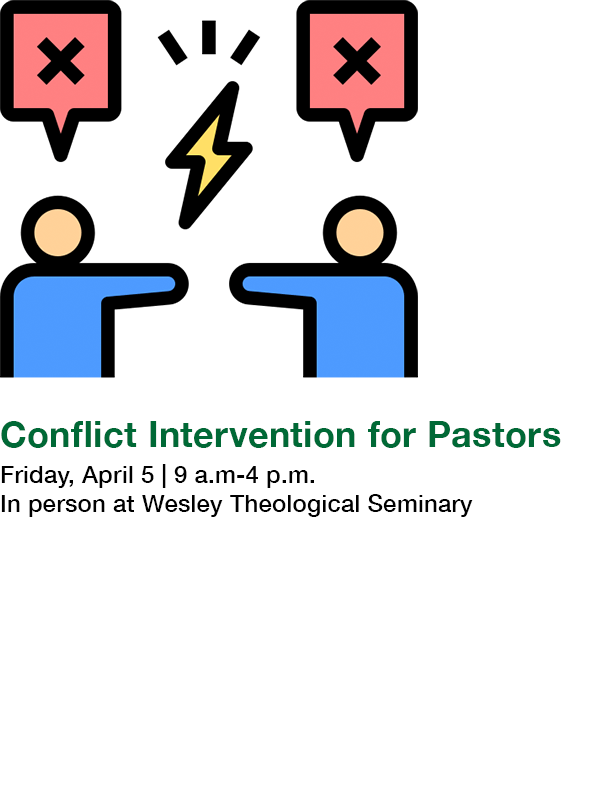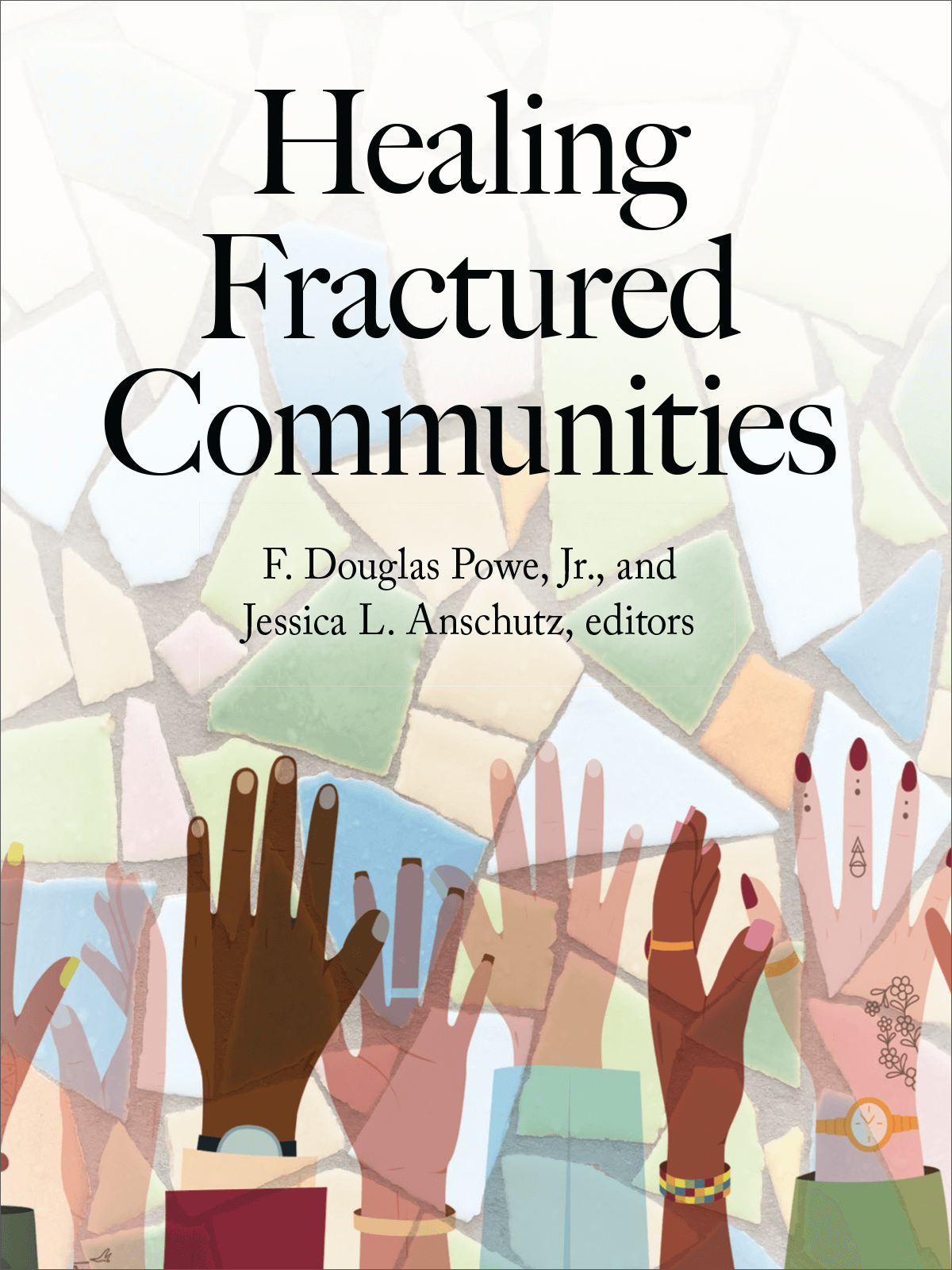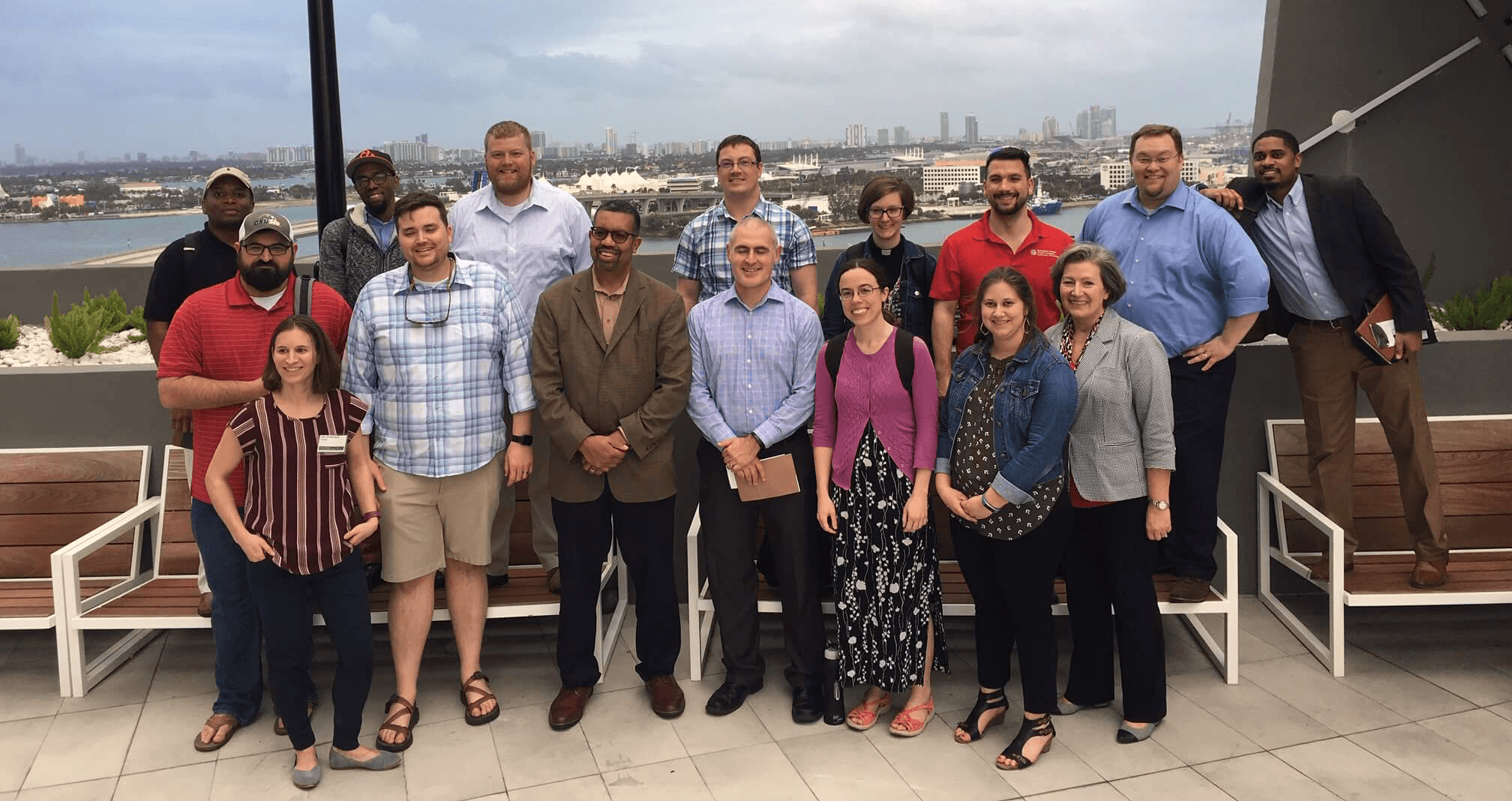Subscribe free to "Leading Ideas" at churchleadership.com/leadingideas. Every Wednesday, "Leading Ideas" delivers information, resources, and strategies for forward-thinking church leaders.
Lee Kricher suggests that programs and practices that have outlived their usefulness can actually take away from a church’s current mission. He suggests this question:
John Wesley had a few simple questions for those who would be leaders of the early Methodist movement:
Often after tragedies in which many are killed, including from natural disasters, there will be reports coming long after the event about how many bodies of victims have not yet been claimed. A question that might bring this closer to home is to ask these questions:
Will Willimon speaks in a sermon about the rich man who goes on a journey and entrusts his property to workers, giving one five talents, another two talents, and the third, one talent. (Matt. 25:14ff.) Upon the rich man’s return, the workers faced the same question, Willimon reminds us, that all of us face:
Changes can be exciting or threatening, depending on your perspective. In the best of cases, some will be more excited and welcoming of the change than others. Apart from the specifics of the change, how you as a leader implement the change will either enhance the trust people have in you or diminish your credibility. One person suggests using this question in approaching any upcoming change:
While leadership is always about change, change is not the first movement in leadership. Jim Collins and Jerry Porras help us understand the proper sequence when they remind us that “Contrary to popular wisdom, the proper first response to a changing world is not to ask, ‘How should we change?’” They offer a better first question:
A church must know its mission, but that is never enough. Churches implement their mission in an ever-changing environment that will shape how the mission is expressed to produce fruit. Vijay Govindarajan, an expert in strategy and innovation, suggests these questions for organizations:
Race and gender are givens of God. . . . Being racist and sexist are a state of mind and a choice.
Someone who helps others anticipate the future in their planning uses these questions:
Doing everything yourself is efficient but limiting. Perhaps this question can help expand the number of people who have the knowledge and ability to do more than they currently do:
When we are part of planning a new initiative, event, or ministry, there is excitement about getting it started. It is good to remember that while we know our plans and hopes, we cannot anticipate accurately how it will be received. Questions to consider along the way that can help prepare for your eventual results include:
Baptist pastor David Hull tells how a right question by the Sunday School Director in his first church helped the pastor appreciate how important it is to count and pay attention to the results of the counting. This church member asked this question:
Churches are reluctant to dampen enthusiasm that members have to take on a new ministry or project. However, often well-meaning people with the best of intentions move out to help without doing enough homework. The result can be insensitivity and ineffectiveness in helping those they intend to serve. A question that can help encourage more conversation and investigation, without discouraging those interested in helping, can be:
It’s easy to dream too small or miss opportunities. Will Mancini tells about a meeting with church leaders in which a question sparked ideas leading to a new ministry in their community — one that had never come up for conversation before. He asked each person to respond to this question:
Mike Slaughter, in his book The Christian Wallet: Spending, Giving, and Living with a Conscience, proposes three right questions to ask each time we prepare to spend money:
Pastors often get compliments on their sermons. One pastor makes it a practice to use one of these right questions when people indicate that a sermon was particularly meaningful for them.
This article is reprinted by permission from Leading Ideas, a free e-newsletter from the Lewis Center for Church Leadership of Wesley Theological Seminary available at churchleadership.com.



